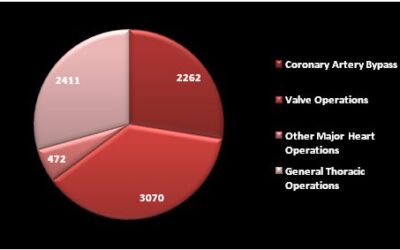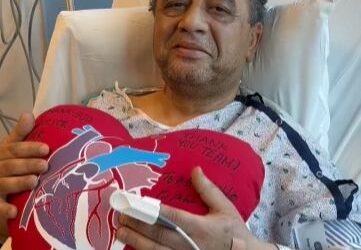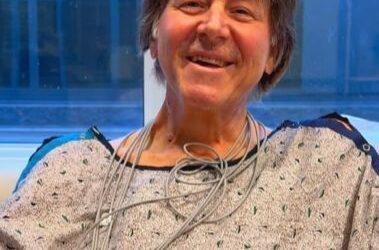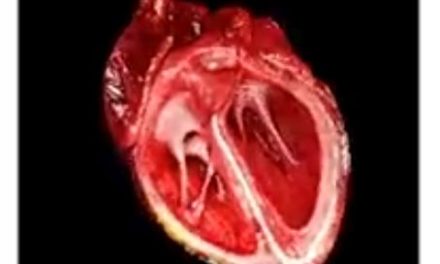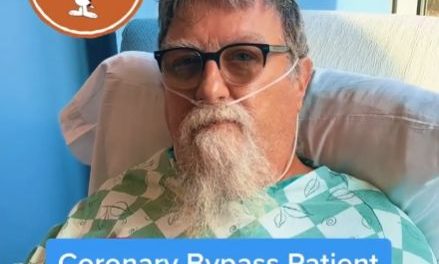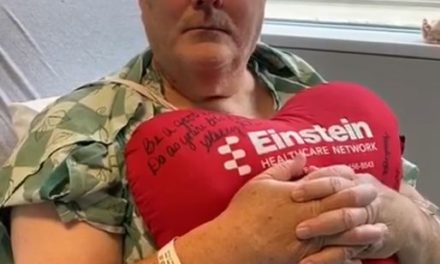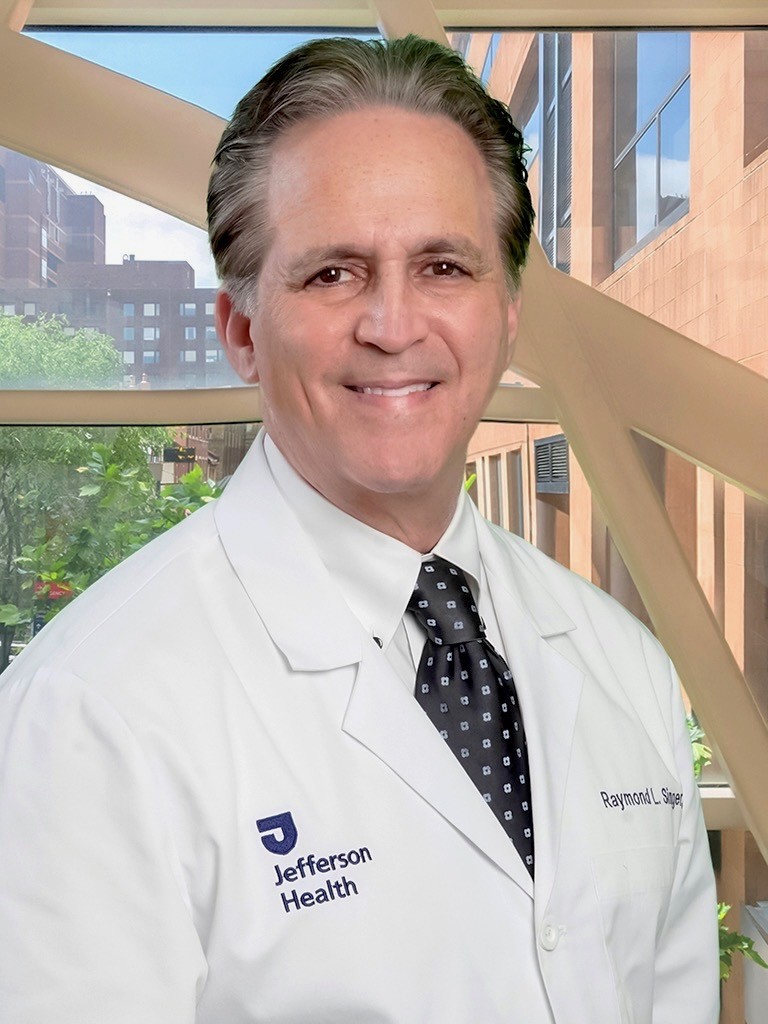Barlow’s Syndrome is a relatively common condition that may result in the leaftlets of the mitral valve bulging into the left atrium of the heart, just as the valve closes during ventricular contraction. This abnormality is due to degeneration of the tissue, causing the mitral valve leaflets to become stretched and enlarged. The redundant tissue prevents the valve from closing properly, often resulting in prolapse of the mitral leaflets and mitral valve regurgitation.
Barlow’s syndrome occurs in 1% to 6% of otherwise normal populations. However, people with Graves’ disease, Marfan’s syndrome, Duchenne muscular dystrophy, myotonic dystrophy, sickle cell disease, and rheumatic heart disease have a higher incidence of this condition.
Symptoms can include fatigue, migraines, dizziness, panic attacks, low blood pressure, shortness of breath, palpitations, and chest pains that are not associated with angina.
The diagnosis and degree of mitral regurgitation is determined by echocardiogram. More specific morphology of the mitral valve can be analyzed by transesophageal echocardiogram (TEE), especially when planning for mitral valve repair surgery.
Mitral valve repair surgery can be done successfully in more than 95% of cases, without the need to replace the valve.
This video illustrates a case of a 60-year-old man with Barlow’s syndrome, who underwent a successful mitral valve repair operation, utilizing pledged 5–0 Gore-Tex neo-chord sutures through the prolapsed posterior mitral valve leaflet, along with placement of a 36mm Edwards Physio-I mitral angioplasty ring. A 50mm AtriCure AtriClip was placed at the base of the left atrial appendage to occlude it and thus reduce the risk of potential stroke from post-operative or future bouts atrial fibrillation.
Here is a testimonial from a 47-year-old man who developed sudden severe mitral regurgitation and atrial fibrillation due to Barlow’s Syndrome—excess mitral leaflet tissue, bi-leaflet prolapse, with rapid atrial fibrillation. His symptoms included extreme lethargy and shortness of breath.
He underwent a complex bi-leaflet mitral valve repair and a radio-frequency maze procedure via a median sternotomy, including a clip occlusion of the left atrial appendage to prevent the risk of embolic strokes in the future.
Recent Posts
When is the Best Time to Exercise?
This video talks about the advantages of exercising in the morning. Morning workouts release endorphins and improve blood flow, helping you to feel more energized and mentally sharp throughout your day. There are fewer distractions in the morning and it makes it...
May is Mental Health Awareness Month
Let’s take this opportunity to reflect on something essential, yet often overlooked in professional environments: our mental well-being. In a world that values productivity and performance, it’s easy to forget that behind every deadline, meeting, or project is a human...
10 Jefferson Hospitals Earn an “A” Safety Grade
We are incredibly proud to announce that 10 Jefferson Health hospitals have received an "A" Hospital Safety Grade from The Leapfrog Group for Spring 2025. This recognition underscores our commitment to improve patient lives and prioritize their safety across our...
Patient Outcomes – May 1, 2025
Nothing can be more important than knowing the experience level of your surgeon. Generally speaking, the more you do something, the better you become! Since entering practice in 1992, I have performed over 8,215 major heart and lung operations and numerous minor...
Day #5 After CABG Surgery
With the patient’s permission, this video discusses the post-operative journey of an individual who underwent urgent/emergent conventional sternotomy, triple-vessel coronary artery bypass graft (CABG) surgery, after developing severe chest pain with ECG changes during...
Left Thoracotomy for Complex Mitral Valve Replacement
This is a unique case of a 64-year-old man who had a history of Hodgkins disease with mantle radiation to his chest. I had performed a surgical aortic valve replacement 10 years prior with a biological valve that is still working well. The patient now presented with...
Featured
Pages
- Learn about heart valves. Heart Valves
- Read testimonials. Testimonials
- Did you know I have a consulting firm? Singer Heart/Lung Consulting
- Check out my TedTalk! Defining Success
Links
- Links page with more information about your heart. Links
- Dr. Adam Pick's Site: heart-valve-surgery.com




